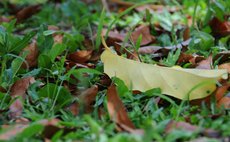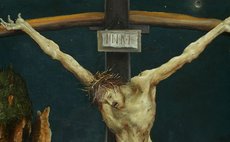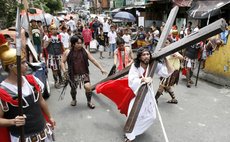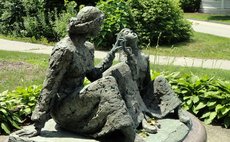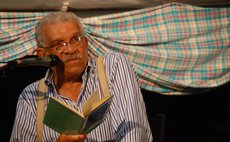Returning Dominicans
I have long thought that a tremendous effort should be made to give the event of the immigration of Dominicans to the United Kingdom a prominent place in the history of the Commonwealth of Dominica. We do well to reflect on the various historical issues that have contributed to the shaping of our particular region in the world. A periodical reflection on our songs and dances, our language, our morals, our social behaviour, our ideals, our political landscape is beyond doubt of immense value. However, there is a certain spread of historical experience, often downplayed, which is most important to capture. This is so, not only for our social consciousness, but also for our advancement as a people.
In the 50's and 60's, there was the need in Britain for workers to rebuild the country after the death and destruction caused by World War II. More than 400,000 British soldiers had died in combat. Incessant bombing by the German Air Force had caused immense destruction. Need was particularly felt in the areas of transportation, health and construction. Men and women from the Commonwealth were welcome to assist what was then termed "The Mother Country".
I remember well how sometimes one might wake up in the early hours of the morning hearing the song of farewell:
Now is the hour when we must say goodbye. Soon you'll be sailing far across the seas…
There was the departure of men and women from their loved ones. Some adventurous men tried to "stow away" on the banana boat. Many endeavoured to grasp the opportunity given to them for advancement in life.
What has not been well captured has been the pain and sorrow of people leaving home for a distant country. They had no experience of the wide world in which they lived. Many spent the little which they had to finance their trip. It was a combination of joy and distress.
The book, 'Home Again: Stories of Migration and Return', is an excellent presentation of the experiences of Dominicans leaving home and spending a great part of their lives in Britain. This book of articles, compiled by Celia Sorhaindo and Polly Pattullo for the Dominica-U.K. Association, is a landmark piece of literature. It speaks of uprootedness and alienation. But it also speaks of courage and daring. It is a proclamation of hope. In fact, in many of the stories there is a certain heroism expressed in the struggle for a better life.
One thing which I particularly admire is the sense of humour that pervades these stories. In spite of all the hardships endured, whether caused by racism or the transportation into a foreign culture with new values, new expectations, there is never a sense of bitterness or animosity expressed. One gets the impression that these people learned to take life in its stride, accepting the challenges imposed on them.
Throughout their lives in Britain, there was always the thought of returning home. Indeed, there was a sort of ambivalence. On the one hand, there was the pull to return home. On the other hand, there was the conviction that one's material well-being lay not in the island-home but far across the seas.
There is much that still needs to be captured in the emigration of Dominicans and their return to their homeland. For many, returning home has not been easy. It has meant wrenching their life from that of their children, for whom home has always been the United Kingdom. This has been the cause of much suffering. It has even imposed a strain on married couples. Sometimes, while the husband desired to return home, his wife did not wish to tear herself away from her grandchildren.
'Home Again' has given me much inspiration. Stories by Jean Popeau, Clayton Shillingford, Alexandra Sorhaindo, Philbert Aaron, Nursie Frederick, Sylvester Joseph, are remarkable. They should be read in our primary and secondary schools for the edification of the students. They should be part of the school curriculum.
When I read stories like that of Janet Heath, I think that such people have a lot that is meaningful to share with our people. They could transform our society. Joan Etienne not only speaks to us of her adventure in Britain but, more particularly, she sheds some light on the need for Dominicans to grow in human development. I particularly enjoyed reading the story of Franklyn Georges. He says, "I'm pleased I went to England. It changed me because going abroad gives you an open mind. Over there life is completely different." Having lived for many years overseas, I myself can subscribe to this statement.
We cannot overestimate the influence of people's lives on the course of the history of a country. We are historical beings. As such, we are formed by the various experiences of our people. Young people, particularly, should be made acquainted with the journey of those who have gone before them. It could be the beginning of the transformation of our country as we seek to benefit fully from the blessings of emancipation.
